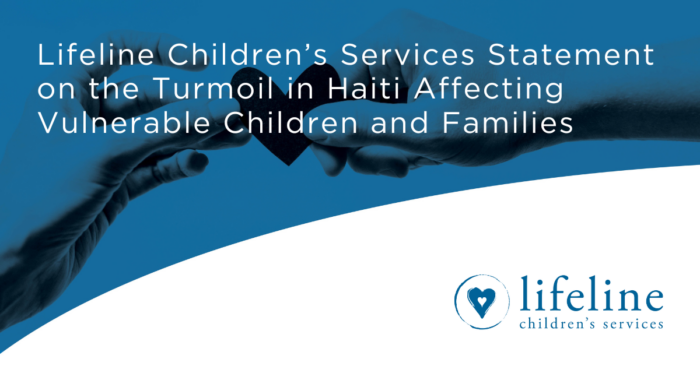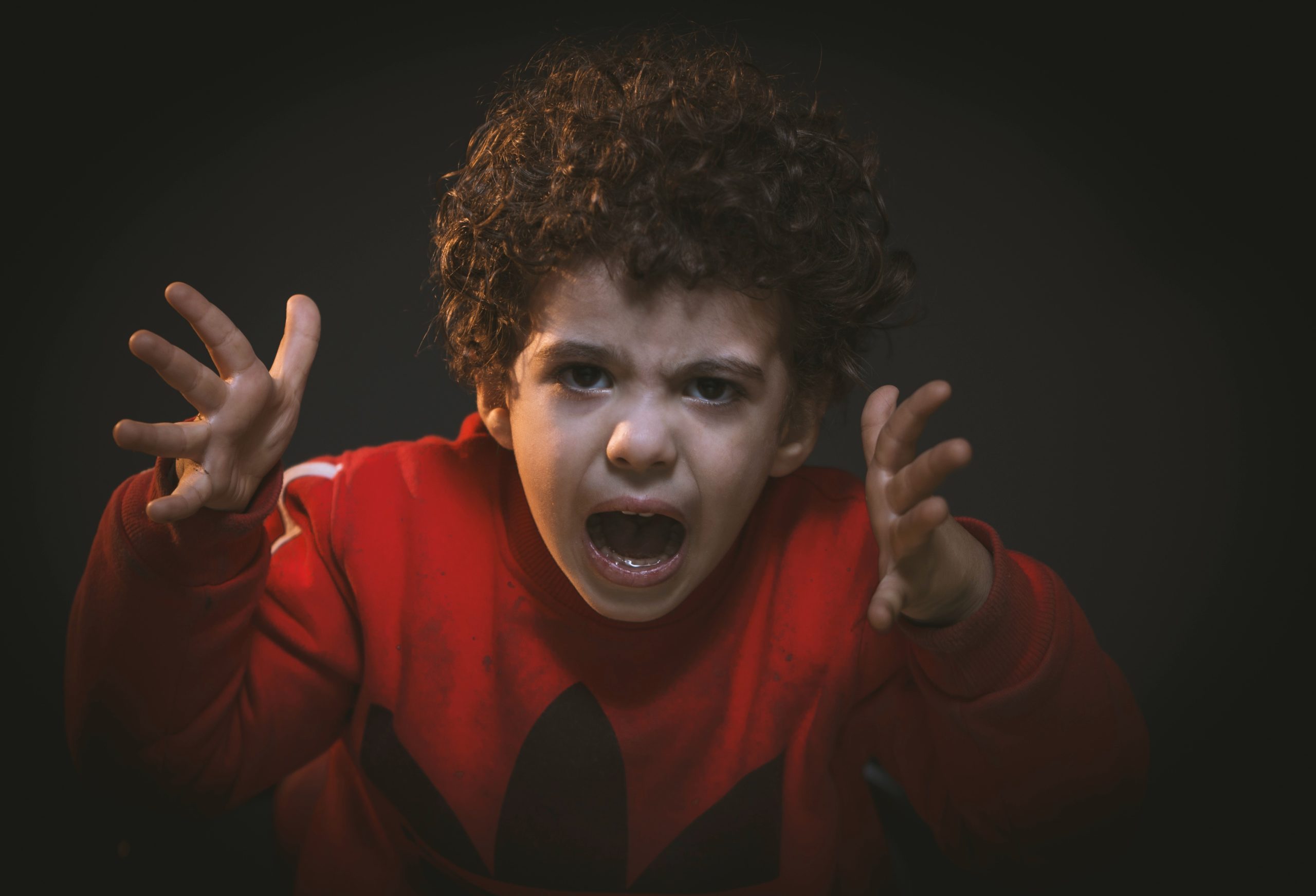Cursing
When entering into this journey of adoption and/or foster care, parents are often excited and nervous about the challenges they will face. They want so desperately to love a child who needs love, to provide a home and a family for an orphan or child in need. What they are not always prepared for or expecting is the language that children bring with them. There is a certain amount of foul language that is developmentally normal for children to experiment with, and it is not uncommon for those who join us from less than ideal circumstances to bring with them less than ideal words.
There are several reasons that can lead a child to curse:
-Anger: Children who come from difficult circumstances definitely have a lot that they could be angry about. They may have had parents who intentionally or unintentionally harmed them. While the circumstance they were in might not have been ideal, it was all that they knew. Leaving that behind is scary, and often children have no say in what is happening to them. Anger is often a safer emotion for them to feel. It can be driven by feelings of hurt and fear. Hurt and fear create a sense of vulnerability in a person, and anger that manifests itself as cursing helps a person to feel more powerful.
-Control: In the same vein, a child may use cursing and anger as ways to control what otherwise feels like an out of control circumstance. By cursing, especially when they know the people around them disapprove, children may feel a sense of control and power by doing something they know is not desirable or appropriate because again, control makes them feel safe.
-Emotional Distance: As noted above, a child may maintain a habit of cursing, particularly if they see that it bothers their new family. Trust is difficult, so cursing is just one tool in their tool belt of unwelcome behavior that they have to maintain their relational distance.
-Out of habit: For some children, cursing is what they know. Maybe that is what they heard growing up, in prior placements, or in institutions. They simply may not realize that there is something “wrong” with cursing. This is just what people do.
-Cultural differences: Any child not born to your family is entering from a different culture. That different culture may be across town or across the world. With that, cultural norms are different.
-Status Symbol: It can be a status symbol among children and adolescents, and maybe they wear it as a badge of honor, proving how tough they are. Though it may be hard to see because it is covered with a sense of hardness, many children with this background feel an overwhelming sense of insecurity. When children or adults feel insecure, they often overcompensate in various ways including the way they speak and the language they use.
HOW TO RESPOND TO CURSING:
Cursing can be particularly frustrating and embarrassing for parents who are more conservative, and do not use or believe in the use of foul language. It can be even more irritating when it is influencing other children in the home to use bad language. Traditional parenting techniques, like washing a child’s mouth out with soap, are not going to be effective with children who have experienced a variety of negative early life experiences. Unfortunately, a child who has been harmed or abandoned often cannot separate this type of discipline from their early life experience, and in their minds, you will be no different than their past abusers.
Before parents determine the appropriate way to respond to inappropriate language, parents have to be willing to take a look inside to figure out what bothers them about the language. What is being triggered in the parent? Feeling disrespected? Worry about allowing a child to sin? Feeling abused verbally by the child? Realizing what you bring to the table in interactions that turn negative is imperative. Without self-awareness, a parent is more likely to react emotionally rather than respond in a compassionate way that is attuned to the child’s feelings. So what can parents do to address this challenging behavior?
Practical suggestions for responding to cursing:
How a parent responds will often depend upon the age and stage of development that the child is in. While a child may chronologically be older, emotionally they may be much younger. It is important to take this into consideration when deciding the most appropriate way to respond. It is also important to consider where the child has been, how the cursing started, and what function cursing serves the child. This will inform how a parent responds.
-See past the behavior: What is the purpose of cursing for the child in this moment? Is it to express anger? Is it just a normal part of their vocabulary? Is it to get a rise out of you as the parent and rope you into a way of interacting that is more familiar to them (i.e. An adversarial or abusive relationship)?
-Reflection: If the child is using foul language as a way to express anger, rather than respond directly to the words used, reflect the feeling behind the anger. Match the feeling and intensity with your reflection. “Wow, you are so angry at me right now!” Use reflective responses to ride the wave of emotion. Once the child has calmed down, then the parent can talk through what happened (in a brief way) and encourage the child to use different words next time. For example, “Thank you for telling me how angry you are. I want to know how you are feeling. How about next time you try using words that are more respectful.” Take the opportunity to calmly address the child’s word choice, and let them know that their feelings are okay, but how they express those feelings needs adjustment. The responses for a child who is attempting to get you to reenact old patterns of relating, or who is attempting to create emotional distance, will be similar to those used with anger. Reflect the feelings behind the words. “It’s hard to let us get close to you and to trust that we are going to be there for you.” Or, “I know you are used to people responding to you differently. I want you to know that I am not going to respond that way to you in this home.”
– Teach: For a child who uses bad language as a part of their everyday vocabulary, a different approach is warranted. Again, development has to be taken into consideration. In this case, the same strategy can work, but how it is implemented will need to look different. For a school aged child or older, there has to be a recognition that this language may have been normal and accepted in their last home, but it is not okay in this home. This is done without shaming or rejecting the child, or with an overreaction on the parents’ part. For example, “Susie, I noticed that you used ‘@!X%’ in your last sentence. You know, I realize that using words like that is probably normal for you and happened a lot where you used to live. In our home, we use other words. How about you try that again with different words.” For a younger child, “Susie, in our home we use other words. How about a redo.” If they can’t think of how to say something different, then help them out. Give praise once they’ve done it.
Conclusion: In conclusion, parents need to understand why their child may have a tendency to use cursing and attempt to address the underlying need behind this action. They also need to help their children practice using different words and understand that this is a gradual process. By connecting with their child’s feelings and rationale behind the words rather than fixating on the words, a connection is born where children feel seen and heard. Soon, many of the reasons behind their need to use inappropriate language will fade.
Written by: Angela Mains, MA, LPC




